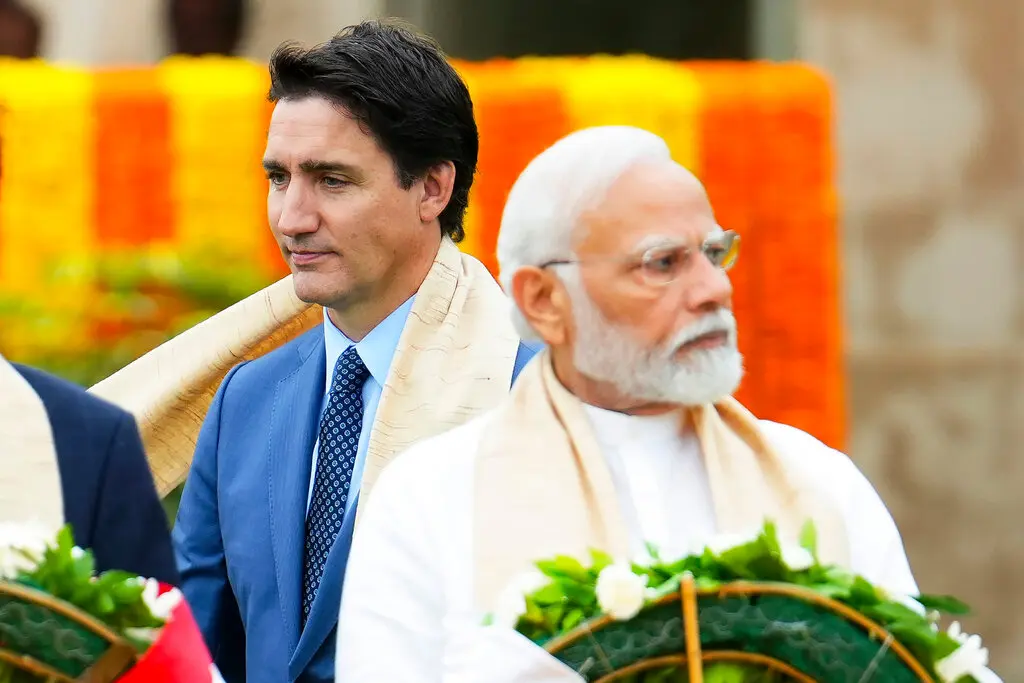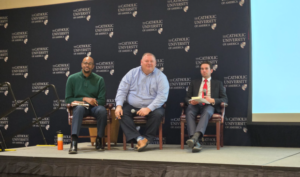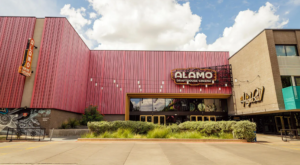Alleged Government Assassination Leads to India-Canada Diplomatic Fallout

Image Courtesy of The New York Times
By John Maggio
Prime Minister of Canada Justin Trudeau has claimed there are “credible allegations” of the Indian government’s involvement in the killing of a political activist on Canadian soil. Activist Hardeep Singh Nijjar was fatally shot on June 18 in his truck by two masked gunmen in Surrey, British Columbia, about 20 miles from Vancouver. Nijjar was a vocal Sikh activist, which is a religious minority in the northern regions of India and Pakistan.
For historical context, ever since the British decolonized the Indian subcontinent, there have been calls by Sikhs for an independent state known as Khalistan, due to fear of not having a voice in the Muslim-majority state of Pakistan or the Hindu-majority state of India. These separatist movements began to be noticed by the Indian government in the 1980s as the movement grew in its militant tactics, leading to the controversial Operation Blue Star conducted by the Indian Armed Forces. Between June 1-10, 1984, the Indian Armed Forces led an armed siege against Sikh separatist forces inside the Golden Temple, the holiest site of Sikhism, in the Indian state of Punjab. The heavily armed assault, which led to hundreds of casualties on both sides, was forced to a halt when the Sikhs inside the temple ran out of ammunition.
Wounds in relations between the Sikh community and the Indian government have never fully healed since Operation Blue Star. Many Sikhs have left India, with a large number immigrating to Canada, which has the highest Sikh community outside of India with “about 800,000 Sikhs… roughly 2% of the population” according to Time. Disputes between India and Canada over Sikh activism are not a new topic of contention between the two countries. Indian Prime Minister Narendra Modi conveyed to Prime Minister Trudeau his concerns on “anti-India activities of extremist elements” when they spoke on September 10 at the G20 Summit in New Delhi. This came just days before Prime Minister Trudeau declared in The House of Commons “credible allegations” linking Prime Minister Modi’s government to the killing of Nijjar.
Furthermore, it is not clear whether Nijjar was a Canadian citizen or not. The National Post reported that Nijjar moved to Canada in 1997 claiming refugee status, but was denied and was later denied a second time. The National Post also reported that Nijjar has called himself a Canadian citizen, with Prime Minister Trudeau doing the same when addressing The House of Commons over the connection between the killing and the Indian government.
India has pushed back diplomatically over these allegations. Prime Minister Modi tells Indians in Canada to “exercise utmost caution” to avoid worsening relations and India’s Ministry of External Affairs has confirmed the suspension of visas to India for Canadian citizens. Each nation has also recalled its respective senior diplomats.
How this will affect India’s relations with the West remains up in the air. If these allegations prove to be false, then this will be a huge embarrassment for the Liberal Party and they may face serious political consequences, as they are already being outperformed by the Conservatives in recent polling. While the next federal election in Canada is not set to happen until October 2025 at the latest, the Trudeau Administration cannot afford such a mistake, especially with their relatively large Sikh community. If the Indian government did play a role in Nijjar’s killing, then this would put the West as a whole in a tough spot between maintaining cordial relations with India or standing with their values against the killing of a political activist. This comes at a time when the West, largely the United States, is trying to keep India as an ally in the emerging 21st-century Cold War with China.







